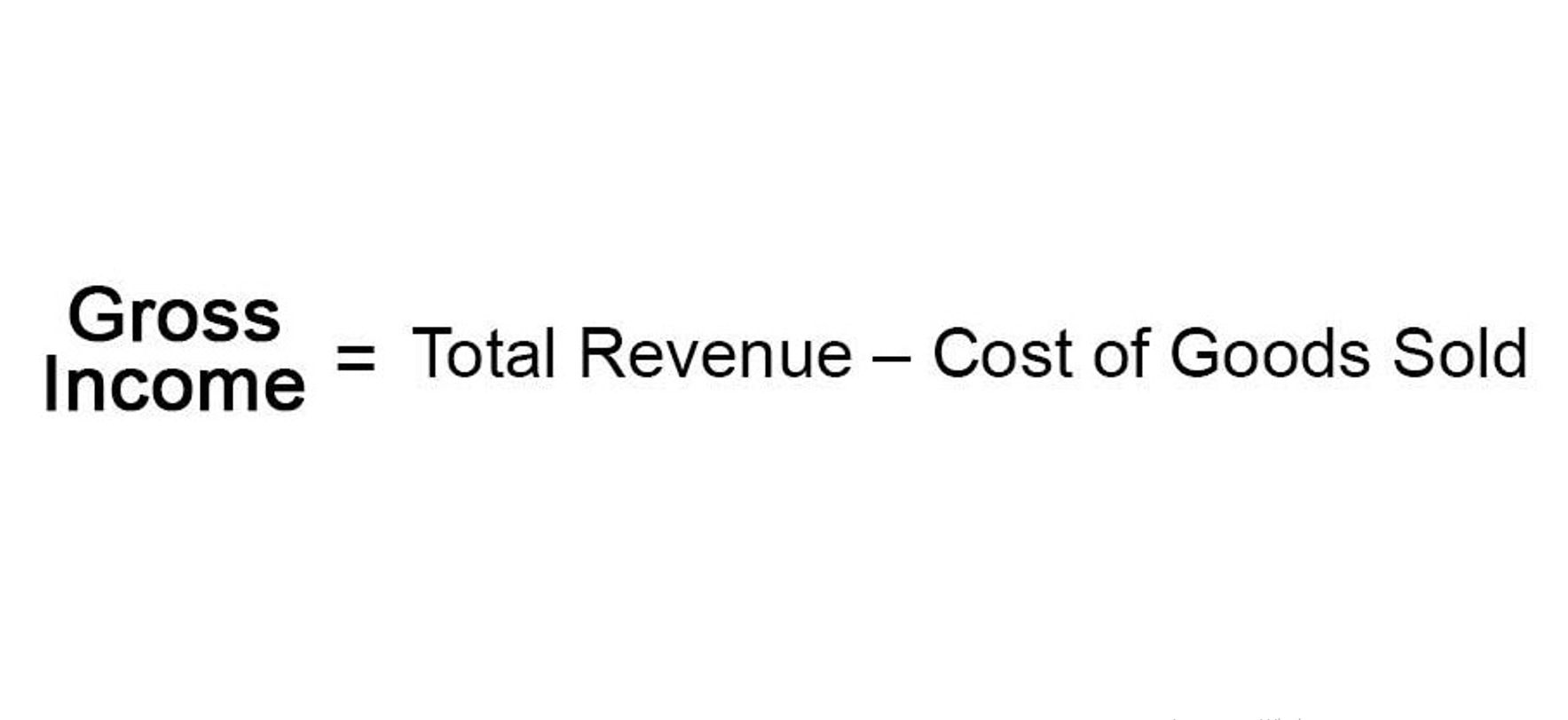Essentially, overhead expenses are those that nonprofits use to pay for anything that isn’t a program directly related to the organization’s mission. Your nonprofit’s statement of activities is also known as your income statement. Plus, you https://www.bookstime.com/ can use this document to review your change in net assets from the beginning of the year to the end of the year. Strong nonprofit accounting practices are the foundation for efficient financial management.
- Bookkeeping for nonprofit organizations comes with its own set of challenges that differ from those faced by for-profit businesses.
- Chances are, it wasn’t tedious paperwork, challenging calculations, and compliance regulations.
- You can easily see how your nonprofit uses the funding it receives from fundraising, grant seeking, and other revenue streams by analyzing this statement.
- A statement of cash flows is a financial statement that provides information about a nonprofit organization’s cash receipts and payments.
- These funds cannot be used for general operating expenses or other programs unless the donor explicitly allows it.
- When deciding between the two, you should consider your nonprofit’s financial and reporting needs and what it’s better equipped for.
- According to IRS data, in 2022, there were approximately 1.5 million 501(c)(3) nonprofits.
Essential Guide for Not-For-Profit Bookkeeping: Best Practices for Nonprofits
It is critical for nonprofits to accurately recognize and record these revenue sources to maintain financial transparency and ensure compliance with Generally Accepted Accounting Principles (GAAP). It also helps nonprofits measure their financial performance against their charitable goals. Although seemingly similar, for-profit and nonprofit accounting processes differ in many ways.
Maintaining GAAP compliance
An in-kind donation or a gift in kind represents a donation of goods or services instead of money income summary for purchasing goods and services.
What are some best practices for non profit bookkeeping?
It differs from for-profit accounting in several ways, including the focus on tracking and reporting individual funds and the way revenues and expenses are categorized. Understanding the fundamentals of nonprofit accounting is essential for organizations to achieve their missions, maintain compliance, and ensure financial transparency. In the world of nonprofit accounting, organizations have to follow specific rules, regulations, and tax requirements. Bookkeeping and accounting are crucial aspects to ensure financial accuracy and transparency.
What are the key differences between for-profit and non-profit accounting?
- This person can be your organization’s board president, treasurer, or bookkeeper.
- Additionally, you’ll need financial statements to obtain and maintain funding, grants, and other forms of support.
- In addition to requirements for filing specific accounting reports, nonprofits must follow additional accounting compliance requirements to keep their tax-exempt status.
- Weekly meetings with an accountant should go over how to adhere to your budget goals and track fund accounting.
- Do a Google search on nonprofit bookkeeping, and you’ll find page after page of articles on nonprofit accounting.
Every dollar that comes in and every dollar that goes out must be recorded. Many small to mid-size organizations will delegate payroll processing to their bookkeeper. A crucial responsibility of nonprofit bookkeeping is tracking exactly how money was spent so that your nonprofit can create a functional expense report at the end of each year. Bookkeepers lay the foundation for the accounting processes that will follow. They organize the data and ensure accuracy so the accountant can create reliable and timely financial reports. Do a Google search on nonprofit bookkeeping, and you’ll find page after page of articles on nonprofit accounting.
- And we’d be excited to show you how we can help your organization meet your goals.
- Understanding these guidelines will help your nonprofit succeed in its mission, all while ensuring accountability and tax-exempt status through transparent financial reporting.
- A statement of functional expenses for nonprofit organizations is a financial report that itemizes expenses according to their purpose.
- It involves unique practices such as fund accounting, tracking donor contributions, and ensuring compliance with regulatory requirements.
- Providing detailed information on your statement of functional expenses also helps when it’s time to complete your annual Form 990 which requires expenses to be separated in a similar fashion.
In this guide, we’ll explain everything you need to know about accounting for nonprofits. The American Institute of Certified Public Accountants (AICPA) and the Financial Accounting Standards Board (FASB) have created standard accounting principles (GAAP) for nonprofits to follow. As you collect funds, pay expenses, and prepare reports, keeping these principles accounting services for nonprofit organizations in mind is vital. A nonprofit’s statement of cash flow tracks a nonprofit organization’s cash and financial health. This statement contains information on how much cash an organization generates from investing, financing, and operations. Nonprofit accounting and bookkeeping revolve around representing an organization’s financial records in compliance with generally accepted accounting principles (GAAP).
- These associations can provide information on best practices, accounting standards, and regulatory compliance for nonprofits.
- Many consider the accrual method a more transparent and accurate method of depicting a nonprofit’s financial activity.
- Most importantly, you should adhere to proper disclosure procedures in all financial statements as outlined in GAAP guidelines.
- Nonprofit organizations are entities organized and operated exclusively for educational, social, professional, charitable, health, or other nonprofit purposes.
- But here is a list of tasks that some nonprofits push onto their bookkeepers that are instead the role of an accountant.
- Bookkeepers lay the foundation for the accounting processes that will follow.
In addition, they must implement strategic accounting practices and utilize proper accounting software to ensure financial health. Staying informed about budget planning and frequently asked questions regarding nonprofit accounting can help an organization successfully navigate the complexities of their financial management. Accurate bookkeeping for nonprofits is the backbone of every successful not for profit organization. Unlike for-profit businesses, nonprofits face unique challenges in managing their finances, from tracking donor contributions to complying with strict regulatory requirements. In this guide, we will delve into the intricacies of not-for-profit bookkeeping, offering you essential tips and best practices to streamline your financial management processes. Nonprofit accounting is a unique process that allows nonprofit organizations to plan, record, and report on their finances.






